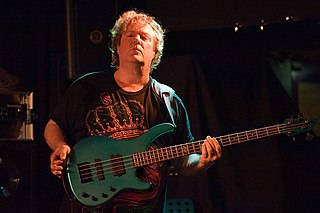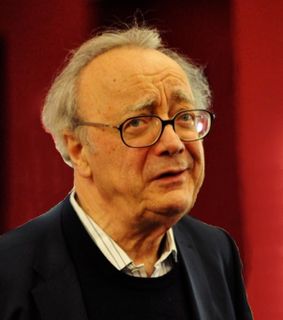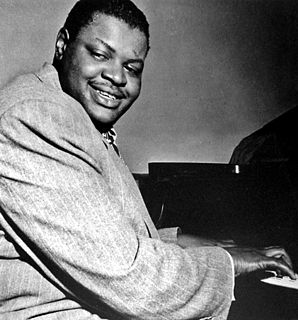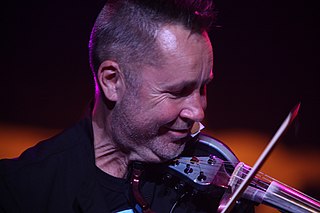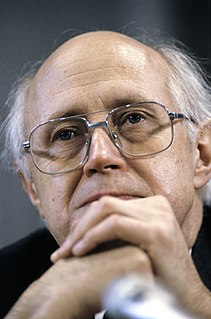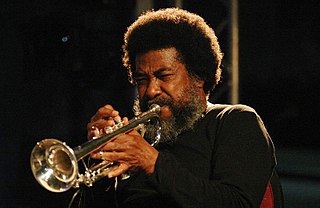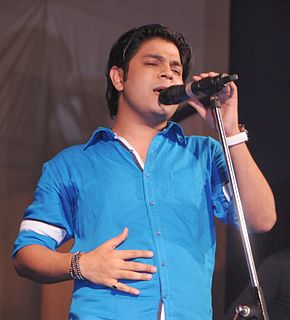A Quote by Ravi Shankar
In India, I have been called a 'destroyer.' But that is only because they mixed my identity as a performer and as a composer. As a composer I have tried everything, even electronic music and avant-garde. But as a performer I am, believe me, getting more classical and more orthodox, jealously protecting the heritage that I have learned.
Related Quotes
When I finally got together with Rostropovich as a student, he was very focused, almost entirely focused on the music itself, on what the composer had in mind and what he knew about the composer. Many of the works that I played for him had in fact been composed and written for him; he was often the first performer of these works, having known the composers personally.

